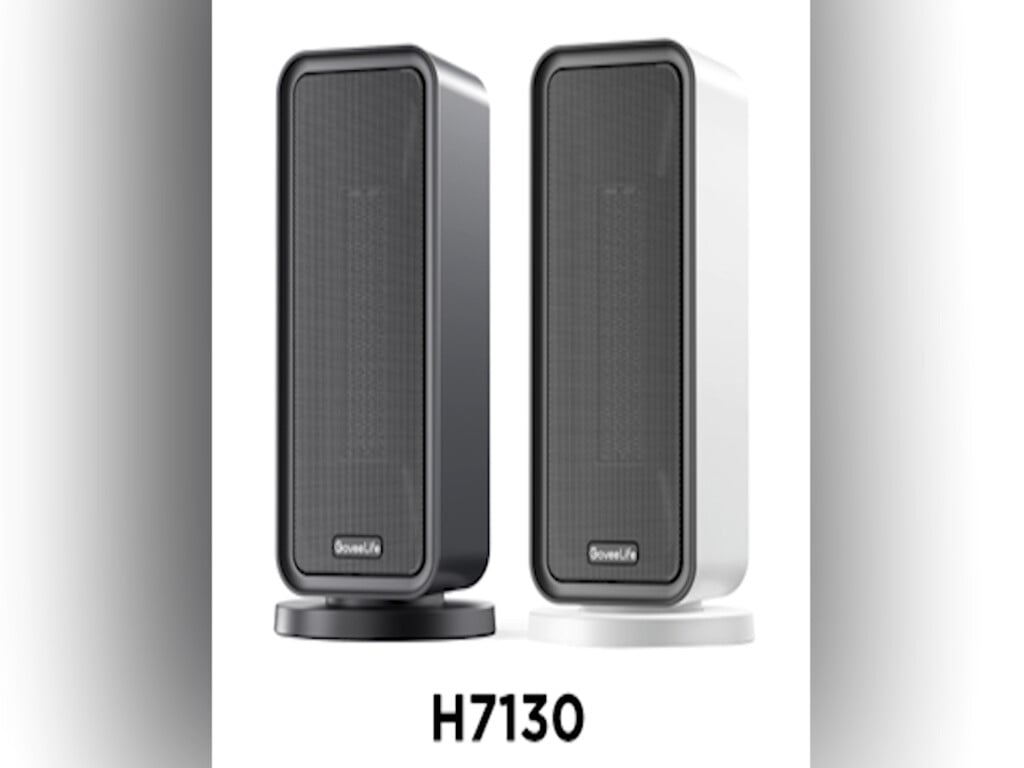Video: State Looks at New Kitchen Rules for Day Care Centers
[syndicaster id=’5344617′]
By Steve Wilson/Mississippi Watchdog
If you can’t stand the heat, get out of kitchen, goes the old saying.
But if you own a child-care facility in Mississippi, avoiding the heat — and the kitchen — may prove difficult.
The Mississippi Department of Health, which governs the licensing of Mississippi child-care centers, has proposed a new series of regulations requiring kitchens for all child-care facilities licensed after Jan. 1.
“The Department of Health works very hard to work with the child-care providers, and also the general public, to make sure whatever we do, we’re doing it a manner that everyone knows,” said Vickey Berryman, director of the department’s Licensure and Certification division. “Our goal is ensure the safety and well-being of the children in Mississippi and move those children forward.”
The department held a hearing Wednesday, and several people who run child-care centers came to voice their concerns about the new regulations. The guidelines, along with comments from the hearing, will be submitted to the Mississippi State Board of Health for approval.
The proposed regulation on mandatory kitchens was proposed by Petra Kay, the operator of the Northtown Child Development Center, at the May meeting of Child Care Advisory Council for the regulation. Kay did not return a call for comment.
“We believe there is no purpose behind that which is beneficial to anyone,” said Ron Aldridge, state director of the National Federation of Independent Business, about the provision for mandatory kitchens. “For a government to mandate that a child-care facility has to go beyond being just a child-care facility and basically be a restaurant for those customers it has daily, you’re forcing them to increase costs that should not be forced on them.”
While the existing facilities are “grandfathered” under the new regulations and won’t have to add a kitchen, several attendees are concerned about language in the rules. According to the rules as written, the center would have to be “continuously” in operation to continue to qualify for the grandfather provision. Should there be a break in the use of the building as a child-care center, such as in a change of ownership, the provision might not apply to the successor business.
Another subject of contention involves new regulations on the measurement of square footage. A center, under the new regulations, would be remeasured if remodeled, sold to a new owner, the layout is changed or in any situation that places the “health and safety of a child in danger.”
According to the regulations, a child-care center must have 35 square feet of “usable” space per child, which doesn’t include bathrooms, storage rooms and hallways. If a facility is remeasured and the official capacity is reduced, it’s dollars out of an operator’s pocket.
“The rules impose a significant economic impact,” said Deloris Gray Suel, a center operator and a member of the Child Care Advisory Council. “When you spend $200,000 on a building and you lose 13 to 20 children, that is an economic impact on your business.”
According to Berryman, the measurement has been around since 1973 and was performed by another agency. Berryman said some of the centers being remeasured have actually gained usable space.
“Now, things are being changed,” Berryman said. “We’re trying to level the playing field where everyone has the same number of feet. We’re trying to ensure the footage is correct for everyone.”
According to the department, the state has 1,503 licensed centers, down from a high of 1,750 before Hurricane Katrina.





Leave a Reply